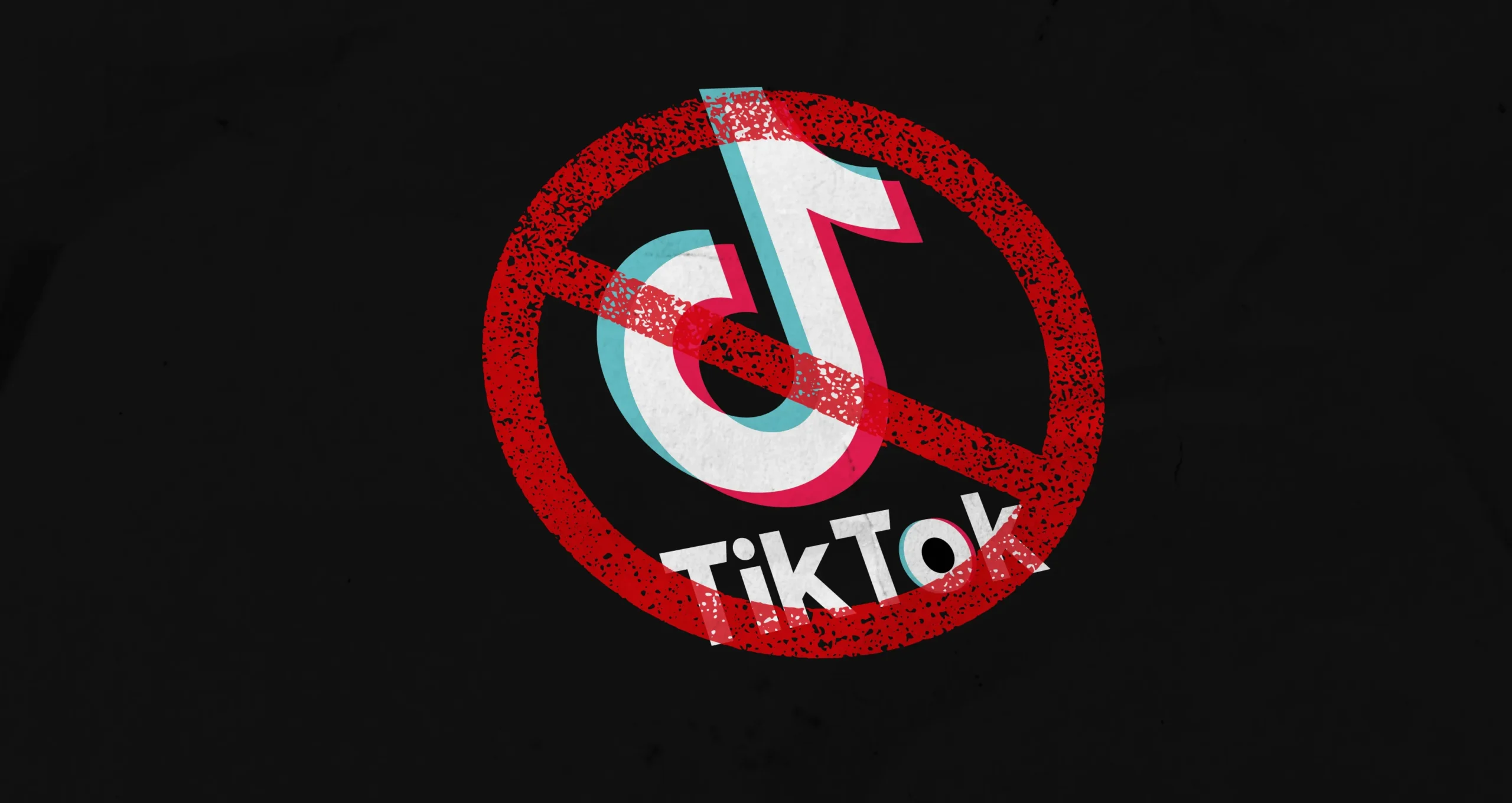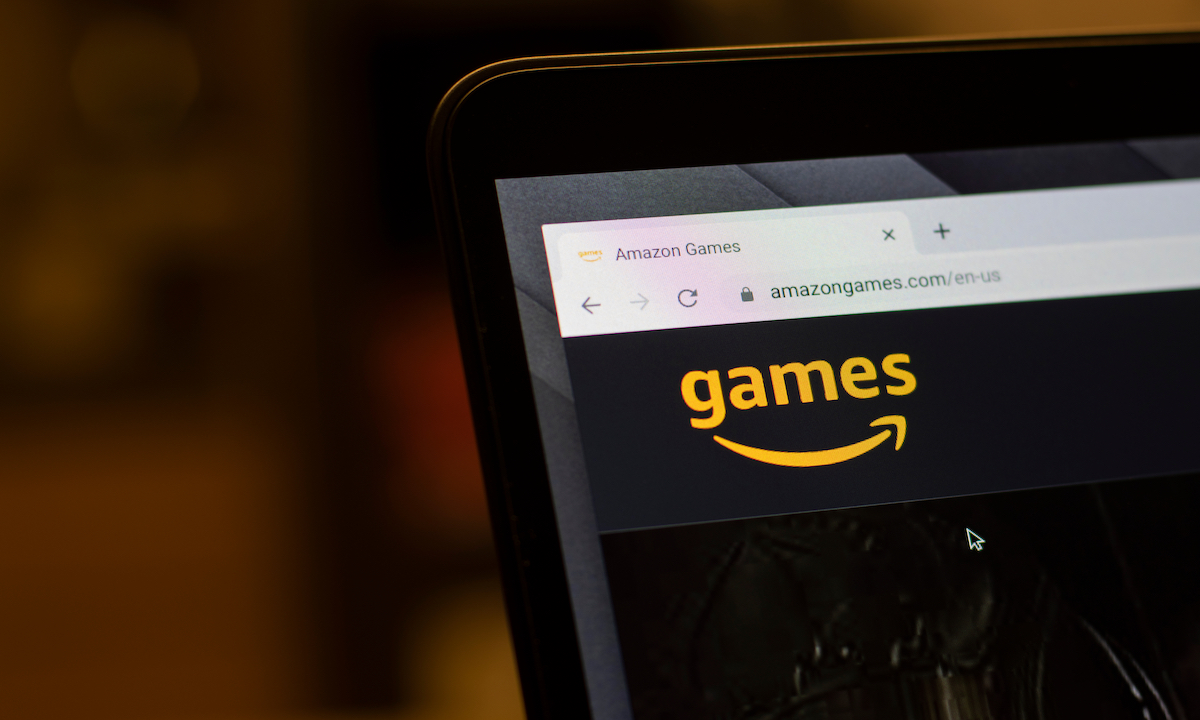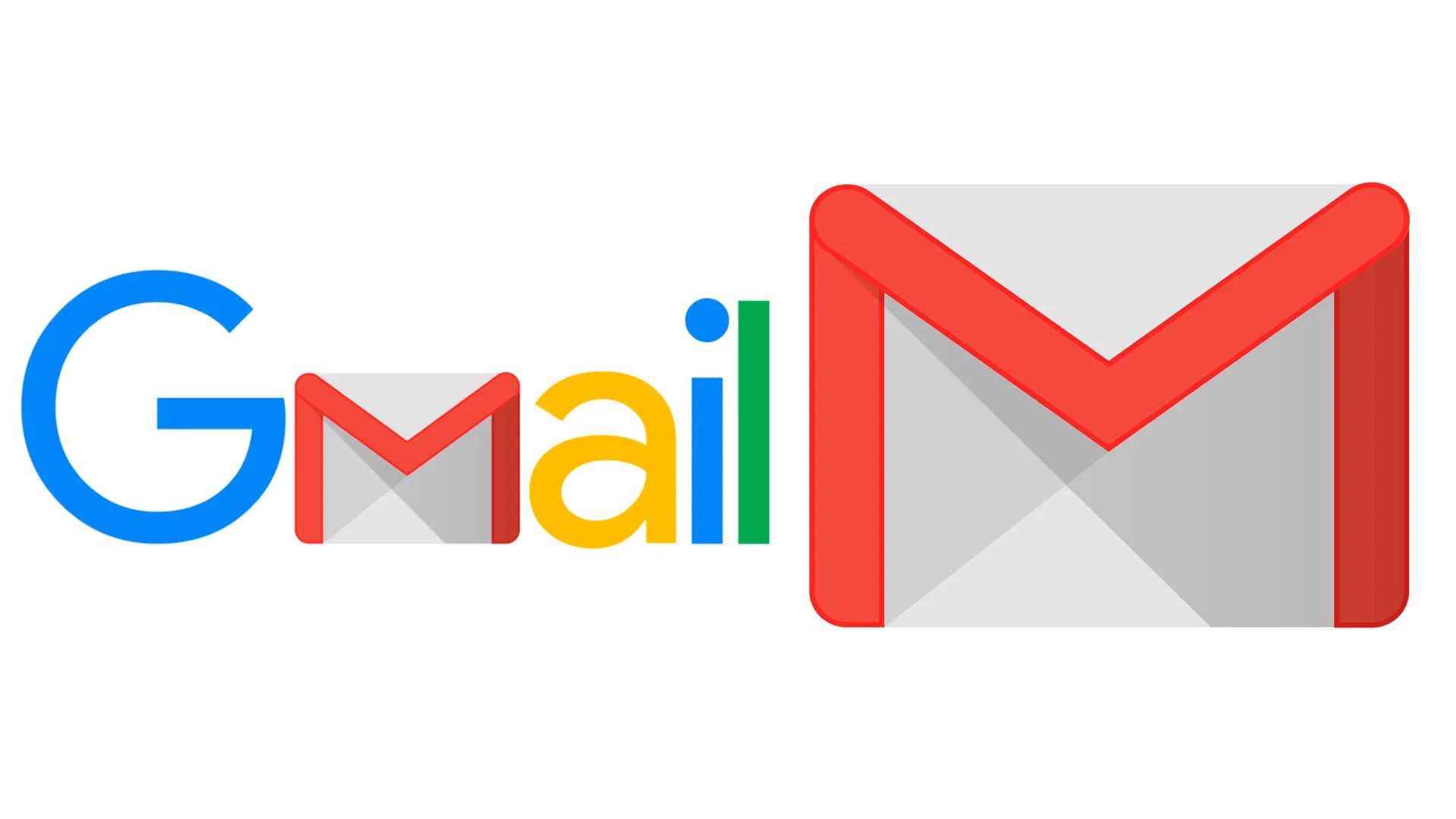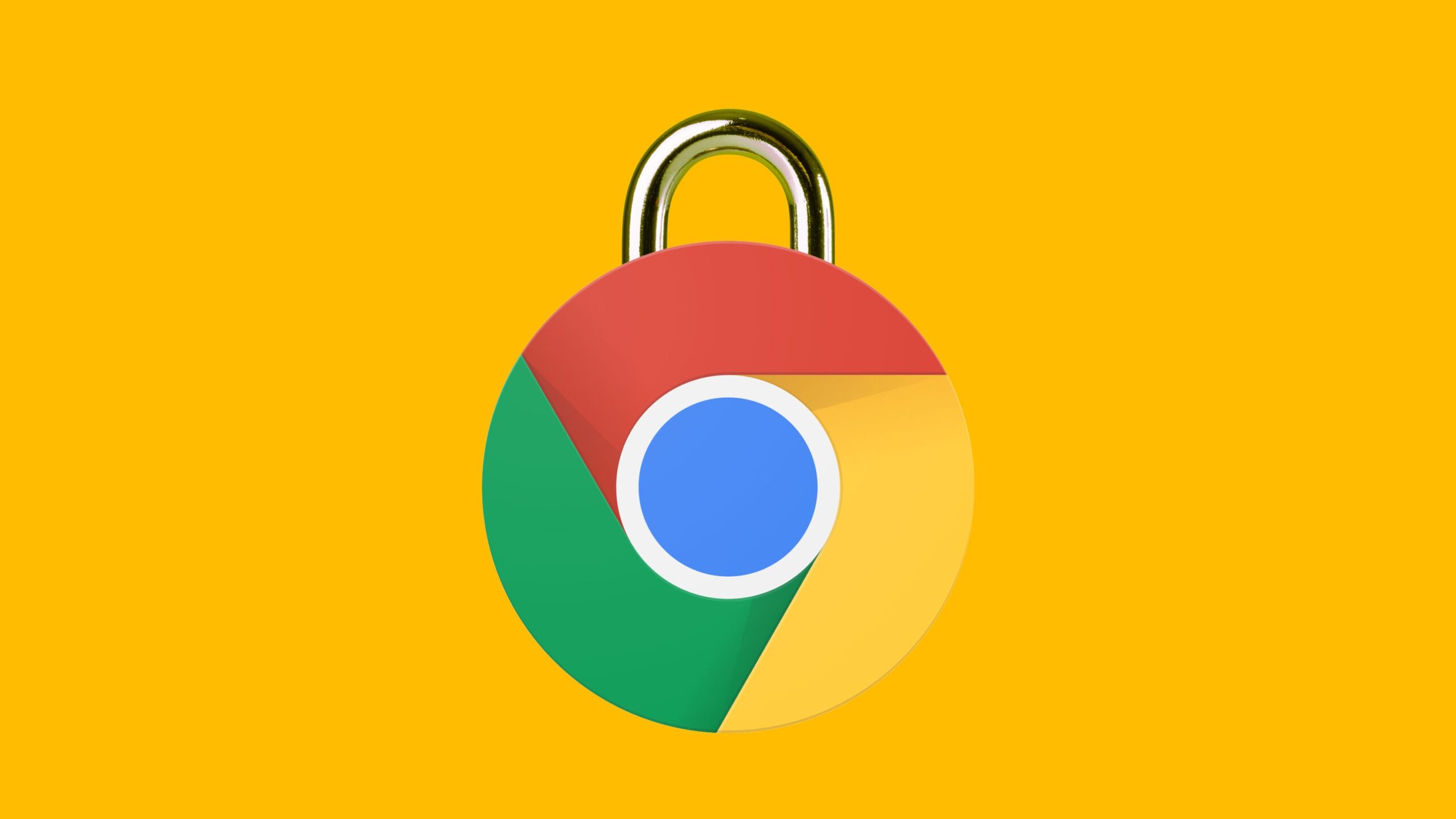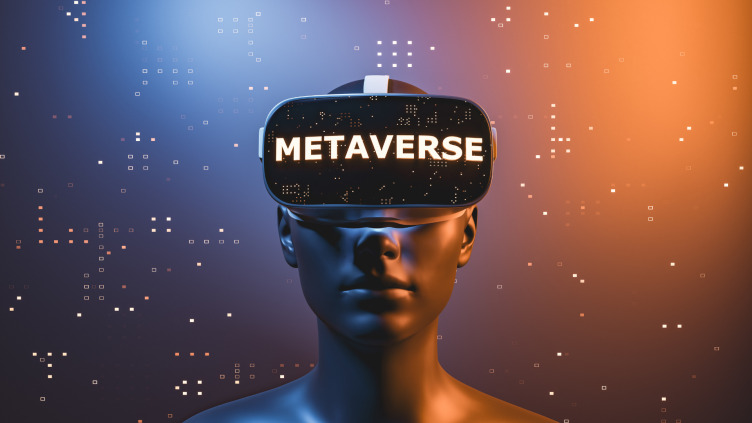TikTok, the popular video-sharing app owned by Chinese company ByteDance, is facing renewed criticism and calls for a ban in the United States over its alleged promotion of pro-Palestinian and anti-Israel content amid the recent conflict between Israel and Hamas.
Some US lawmakers, conservative activists and tech investors have accused TikTok of influencing young Americans to support Palestinians and Hamas, the Islamist group that controls Gaza and is considered a terrorist organization by the US and Israel. They claim that TikTok’s algorithm, which recommends videos based on user preferences and behavior, is biased towards anti-Israel and anti-Jewish content, and that the app is undermining US foreign policy interests and national security.
The critics cite a recent Harvard CAPS-Harris Poll, which found that 51 percent of Americans aged 18-24 said that Hamas’s October 7 attacks on Israel could be justified by Palestinians’ grievances, compared with 25 percent of Americans aged 65 and older. They also point to the disparity in the number of views for the hashtags #standwithpalestine and #standwithisrael on TikTok, which as of Tuesday night had 3.4 billion and 313.6 million views worldwide, respectively.
Read Also: Which Is Great For Coding; Chat GPT or Bard?
One of the most vocal critics of TikTok is US Senator Josh Hawley, a Republican from Missouri, who has been a leading advocate for banning the app over its links to China. In a letter to US Treasury Secretary Janet Yellen on Tuesday, Hawley urged the Biden administration to take action against TikTok, saying that the app’s power to “radically distort the world picture that America’s young people encounter” is a “crucial test case” for the US-China rivalry.
“While data security issues are paramount, less often discussed is TikTok’s power to radically distort the world picture that America’s young people encounter. Israel’s unfolding war with Hamas is a crucial test case,” Hawley wrote. “Analysts have attributed this disparity to the ubiquity of anti-Israel content on TikTok, where most young internet users get their information about the world.”
Hawley also accused TikTok of censoring pro-Israel content and allowing anti-Semitic hate speech and misinformation to spread on its platform. He cited examples of videos that allegedly glorified Hamas, denied Israel’s right to exist, blamed Jews for the Holocaust, and incited violence against Jewish Americans.
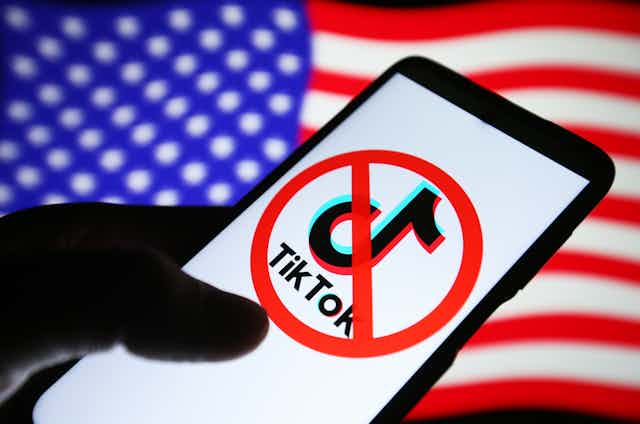
Other prominent figures who have called for a ban on TikTok include US Senator Marco Rubio, a Republican from Florida, who said last month that TikTok was among a number of platforms that had become “cesspools of [pro-Hamas] misinformation and indoctrination” and a vehicle for “brainwashing”; US Representative Mike Gallagher, a Republican from Wisconsin, who said in May that TikTok was “a Trojan horse for the Chinese Communist Party” and that the US should “ban it now”; and Jeff Morris Jr., a tech venture capitalist and former executive with the dating app Tinder, who wrote a viral series of posts on X last week, warning about a “TikTok War” in which high schoolers and college students are getting the “wrong information” about Hamas and Israel.
TikTok has denied the allegations of bias and censorship, and said that it strongly rejects any of the baseless claims to the contrary. The company said that its community guidelines apply equally to all content on TikTok, and that it does not tolerate hate speech, harassment, incitement to violence, or misinformation. The company also said that it has a dedicated team of moderators who review and remove content that violates its policies, and that it works with third-party fact-checkers to flag and reduce the distribution of false or misleading information.
Read Also: Comparing The New iPhone 15 Pro Max and Google Pixel 8 Pro
TikTok also said that its algorithm is transparent and user-driven, and that it does not favor any political views or agendas. The company said that its algorithm recommends videos based on a number of factors, such as user preferences, interactions, location, language, and device settings, and that users can customize their feed by liking, following, or skipping videos that they are interested in or not.
TikTok also said that the popularity of hashtags does not necessarily reflect the sentiment or opinion of its users, and that it does not measure the engagement or reach of hashtags. The company said that hashtags are user-generated and that users can create and use any hashtags they want, as long as they do not violate its community guidelines.
TikTok has been the target of criticism and scrutiny for years because of its Chinese ownership and concerns about government control over the app. The Trump administration tried to ban or force the sale of TikTok in the US last year, citing national security risks, but those efforts were blocked by legal challenges and have been put on hold by the Biden administration, which is conducting a broader review of the potential threats posed by Chinese-owned apps.
Read Also: The Concept of Metaverse and Review
The controversy over TikTok’s alleged role in the Israel-Hamas conflict comes at a time when social media platforms are facing increasing pressure and responsibility to moderate and fact-check the content that they host, especially on sensitive and divisive issues such as politics, religion, race, and health. The challenge for TikTok and other platforms is to balance the freedom of expression and diversity of views of their users with the need to prevent the spread of hate speech, misinformation, and incitement to violence that could harm individuals and communities.
